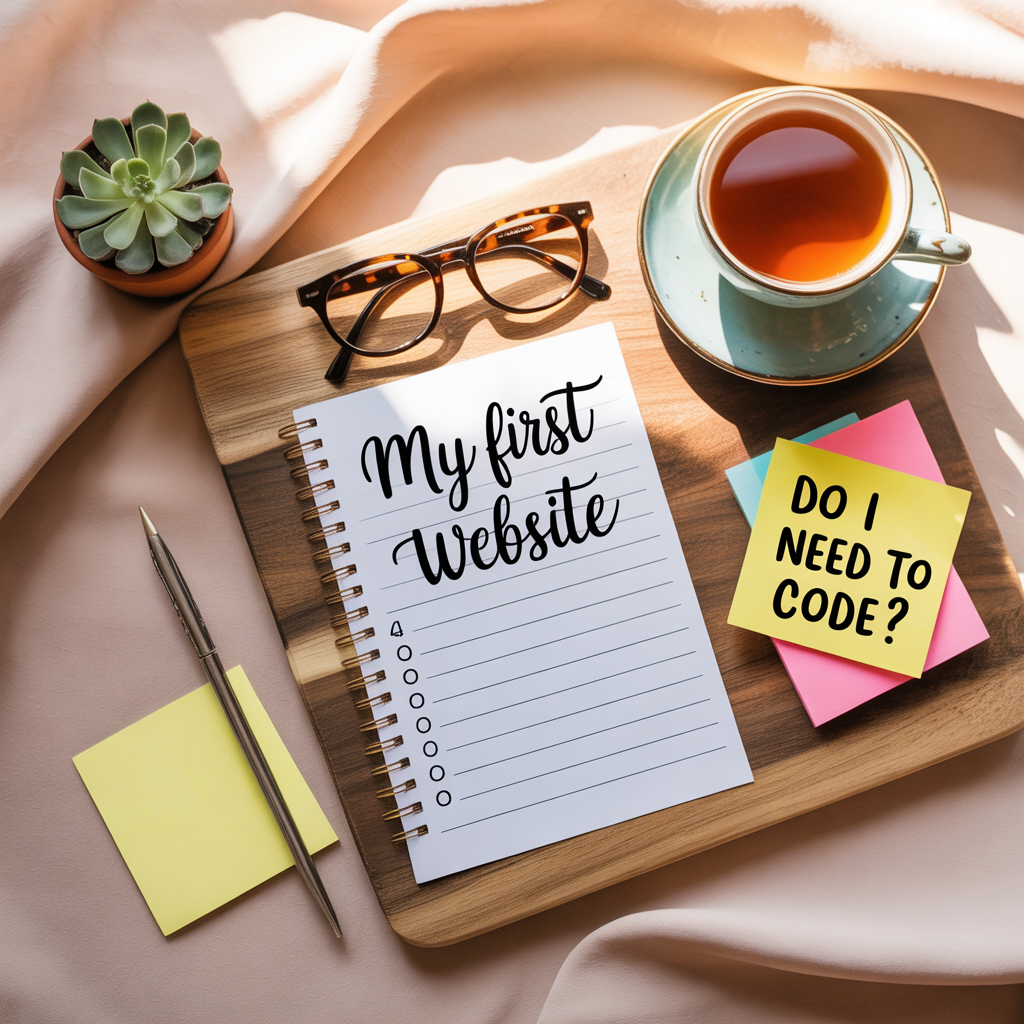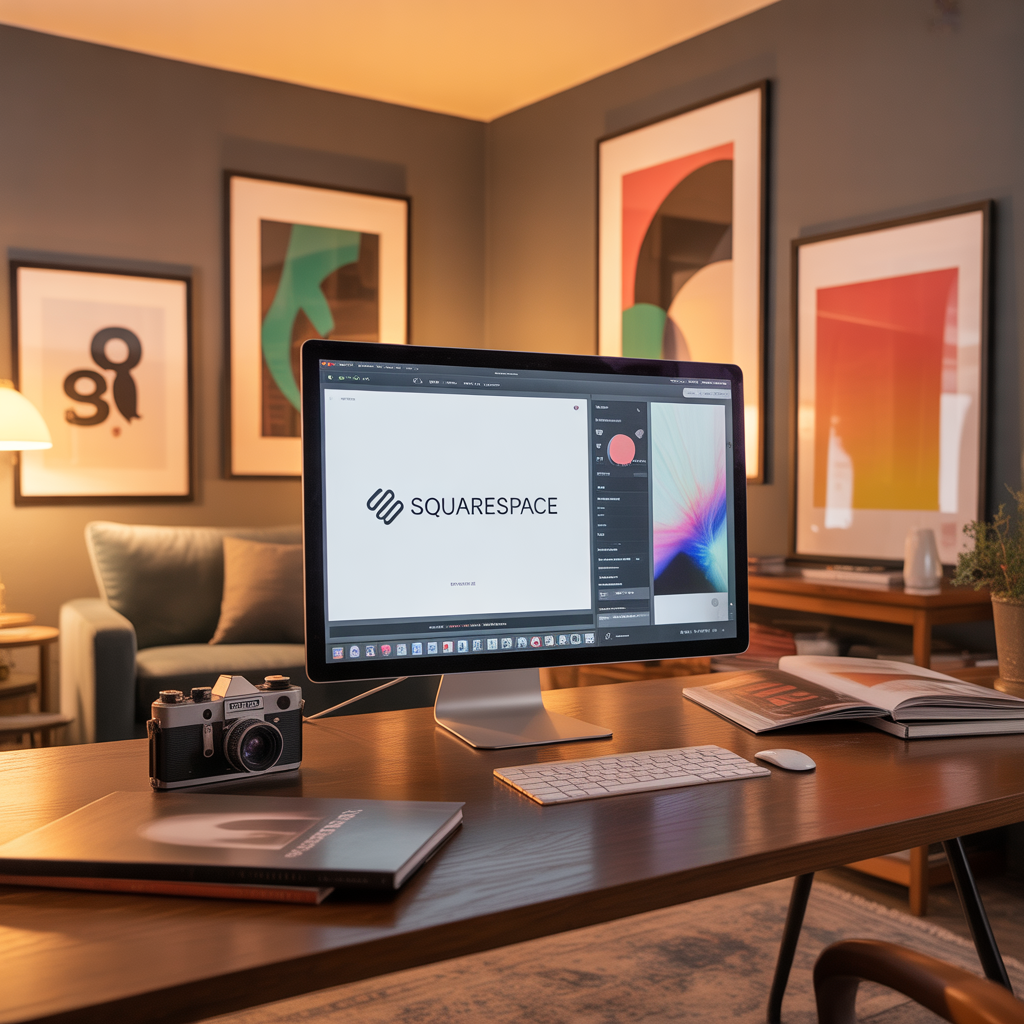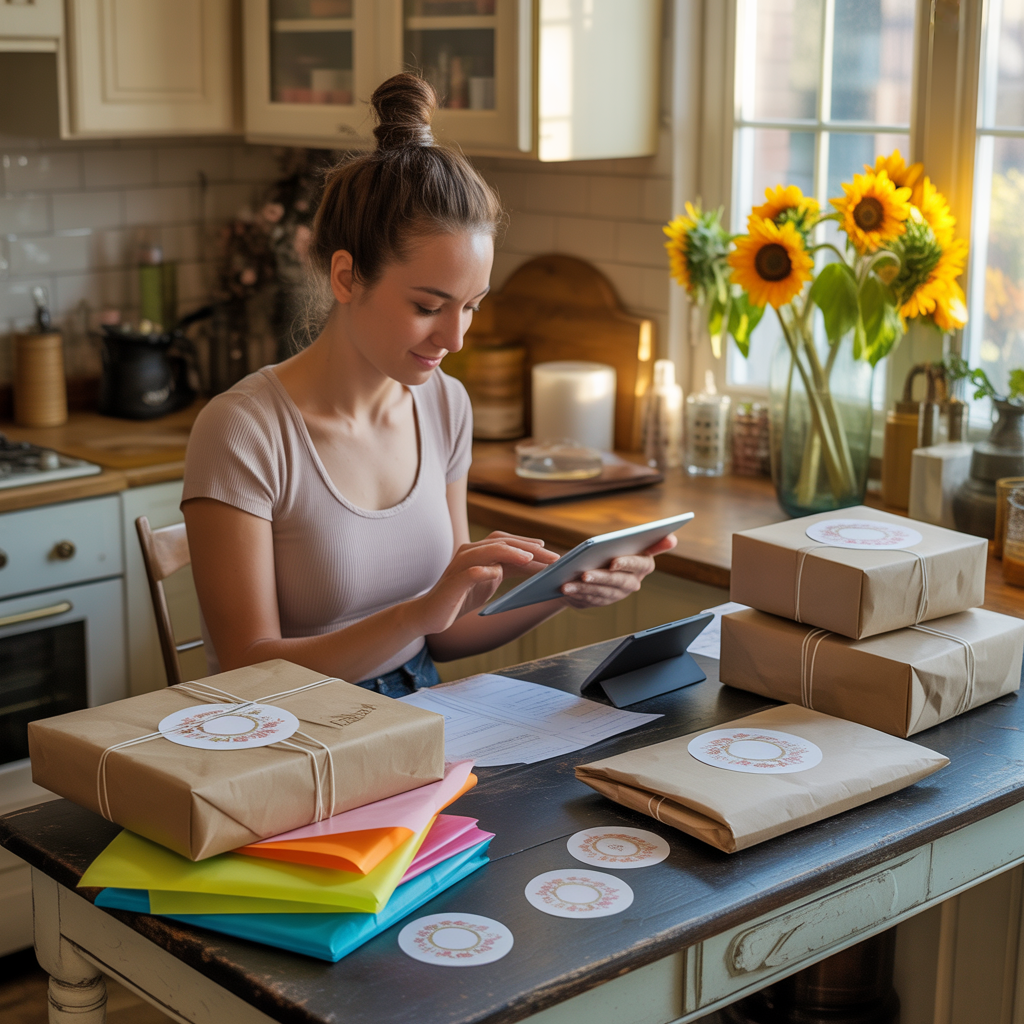Starting your own website might feel like trying to choose a TV show from an endless menu. So many options, all promising to be the best. If you’re considering launching your online business or side hustle, picking the right platform to build your website is one of the most important decisions you’ll make.
But don’t panic. You don’t need to know how to code or have a degree in IT. In fact, the right platform can do most of the heavy lifting for you. You just need to choose one that fits your needs, your skills, and your goals.
Why Your Website Platform Matters
Think of your website platform as the foundation of your online business. Get it right, and you’ll have a stable, flexible place to grow. Choose poorly, and you could find yourself stuck, limited, or having to start over later.
Here are some common questions people ask:
- Do I need to know how to code?
- Will it cost me a fortune?
- What if I want to sell things later on?
- Is there one platform that does everything?
The answer depends on you, and where you are in your journey. Let’s break it down.

Platform Comparison at a Glance
If you know what you are considering, this table may help.
Platform Comparison at a Glance
| Platform | Best For | Difficulty Level | Starting Cost | Customisation |
|---|---|---|---|---|
| WordPress.org | Full control & growth | Beginner-Intermediate | £3-5/month (hosting) | Unlimited |
| Wix | Quick & easy setup | Beginner | £4.50/month | Limited |
| Squarespace | Beautiful designs | Beginner | £10/month | Moderate |
| Shopify | Online selling | Beginner-Intermediate | £25/month | Shop-focused |
| Webflow | Design control | Intermediate-Advanced | £12/month | High |
1. WordPress.org (Self-Hosted)
Let’s start with the platform I personally use and recommend: WordPress.org. This is the self-hosted version of WordPress, which means you install the software yourself (or, more likely, your hosting company does it for you in one click). I use Hostinger for mine, and the setup was incredibly straightforward.
What makes WordPress.org great?
- It’s completely free (you only pay for hosting and your domain).
- You can customise everything: design, features, and functionality.
- There are thousands of free and premium themes and plugins.
- You fully own your content and website.
It’s like having your own home. Yes, you might need to learn how to change a lightbulb or hang a picture (metaphorically speaking), but you’re not sharing space with anyone, and you can decorate however you like.

The flip side? You do have to manage things like updates, backups, and security. But hosting companies like Hostinger often include these tools, or you can set them up easily with a plugin.
👇 Pause and Think: What features might your future website need? Even if you’re not ready for them now, it’s good to plan ahead.
2. Wix
Wix is a drag-and-drop builder that’s ideal if you want something that works straight out of the box. It’s super beginner-friendly and doesn’t require any technical knowledge.
Pros:
- Easy to use with beautiful templates.
- Hosting is included.
- Built-in features like email marketing and booking tools.
Cons:
- Less control and flexibility compared to WordPress.org.
- Moving away from Wix later can be tricky.
Great for: Beginners who want a simple, stylish site without fuss.

3. Squarespace
Squarespace is known for its stunning designs and is particularly popular with creatives, bloggers, and small businesses.
Pros:
- Gorgeous templates.
- All-in-one platform with hosting, security, and support.
- Good for blogging and small online shops.
Cons:
- Less flexible than WordPress.org.
- Customisation is limited unless you know code.
Great for: People who want a visually appealing site and are willing to pay a bit more for ease and polish.
4. Shopify
If your main goal is to sell products online, Shopify is a strong contender. It’s built for eCommerce and comes with everything you need to run an online shop.
Pros:
- Easy setup for online stores.
- Excellent inventory and payment tools.
- Built-in support and security.
Cons:
- Monthly fees add up.
- Less customisable unless you pay for higher-tier plans.

Great for: Online sellers who want a robust, ready-to-go shop.
5. Webflow
Webflow is a bit more advanced and aimed at people who want total control over their site’s design and performance, without needing to code.
Pros:
- Visual design meets flexibility.
- Clean code output, fast-loading pages.
Cons:
- Learning curve for beginners.
- Pricing can be confusing.

Great for: Designers or tech-savvy users who want pixel-perfect control.
Which Platform Is Right for You?
If you:
- Want control and flexibility: WordPress.org
- Want ease and simplicity: Wix or Squarespace
- Want to focus on selling products: Shopify
- Want designer-level customisation: Webflow
It’s okay to start simple. Many people begin with something like Wix, then switch to WordPress as their needs grow. Others dive straight into WordPress to futureproof their online presence.
My Journey
When I first started building my website, I felt completely out of my depth. I didn’t understand hosting or plugins, and I definitely didn’t think of myself as techy. But with WordPress.org I found my rhythm. I made mistakes. I even deleted half my homepage by accident once (don’t ask!), but I learned. And now? I update and maintain my sites with confidence.
Final Thoughts
Choosing the best platform isn’t about picking the one with the fanciest features. It’s about choosing what works best for you right now, and gives you room to grow.
If you’re unsure, write a list of what you want your website to do. Is it a blog? A shop? A portfolio? Do you want it to be up and running by this weekend? Or are you happy to learn and grow into it?

Whichever you choose, the most important step is just getting started.
💬 What’s stopping you from launching your website? Drop a comment below and let’s chat. And if you found this post helpful, check out the other articles in my “Getting Started” series for more tips and encouragement.
Coming up next: can I build a website without hiring a designer? Spoiler – yes you can!
